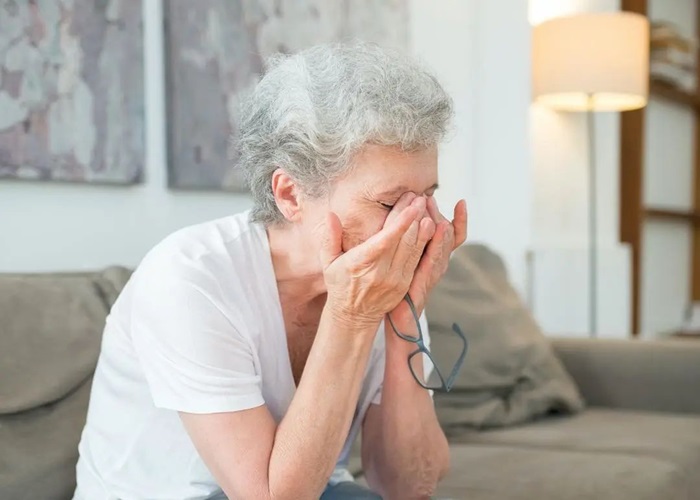Hot flushes are a common symptom of menopause, affecting up to 75% of women. While hot flushes are a natural part of the menopausal transition, they can be uncomfortable and disruptive to daily life. In this article, we will explore the causes of hot flushes in menopause and how to manage them.
What are Hot Flushes?
Hot flushes, also known as hot flashes, are a sudden feeling of heat that spreads throughout the body, often accompanied by sweating and a rapid heartbeat. They can last anywhere from a few seconds to several minutes and can occur several times a day.
Hot flushes are a common symptom of menopause, occurring as a result of the hormonal changes that take place during this time. They can be uncomfortable and disruptive to daily life, but there are several ways to manage them.
Causes of Hot Flushes
The exact cause of hot flushes is not fully understood, but they are believed to be caused by changes in hormone levels during menopause. As the body produces less estrogen, it can cause changes in the hypothalamus, the part of the brain that regulates body temperature.
The hypothalamus may become more sensitive to changes in temperature, leading to hot flushes. Additionally, changes in hormone levels can affect the blood vessels, causing them to dilate and increase blood flow to the skin, leading to the sensation of heat.
Other factors that can contribute to hot flushes include stress, anxiety, and certain medications.
Management of Hot Flushes
While hot flushes are a natural part of menopause, there are several ways to manage them. These include:
Lifestyle Changes: Making lifestyle changes, such as avoiding triggers like caffeine and alcohol, can help to reduce the frequency and severity of hot flushes.
Hormone Therapy: Hormone therapy, which involves taking estrogen or a combination of estrogen and progesterone, can help to reduce hot flushes. However, hormone therapy is not suitable for everyone and can have side effects.
Non-Hormonal Medications: Certain medications, such as selective serotonin reuptake inhibitors (SSRIs), can help to reduce hot flushes.
Natural Remedies: Natural remedies, such as black cohosh and soy, have been shown to be effective in reducing hot flushes in some women. However, more research is needed to fully understand their effectiveness and safety.
Cognitive Behavioral Therapy: Cognitive behavioral therapy (CBT) can help to reduce the frequency and severity of hot flushes by addressing the underlying psychological factors that contribute to them.
Coping with Hot Flushes
In addition to managing hot flushes, there are several ways to cope with them when they occur. These include:
Dressing in Layers: Dressing in layers can help to regulate body temperature and make it easier to adjust to changes in temperature.
Staying Cool: Staying in a cool environment or using a fan can help to reduce the severity of hot flushes.
Relaxation Techniques: Practicing relaxation techniques, such as deep breathing or meditation, can help to reduce stress and anxiety, which can contribute to hot flushes.
Exercise: Regular exercise can help to reduce the frequency and severity of hot flushes by reducing stress and improving overall health.
Conclusion
Hot flushes are a common symptom of menopause, affecting up to 75% of women. While they can be uncomfortable and disruptive to daily life, there are several ways to manage and cope with them. By making lifestyle changes, taking medications, and practicing relaxation techniques, women can reduce the frequency and severity of hot flushes and improve their overall quality of life during the menopausal transition. If you are experiencing hot flushes, talk to your healthcare provider about the best ways to manage them.
Related topics
- The Best Curcumin Supplements for Menopause Relief: A Comprehensive Guide
- The Best Vitamins for Menopause: A Comprehensive Guide
- Understanding Female Menopause: Navigating Changes with Knowledge and Support


